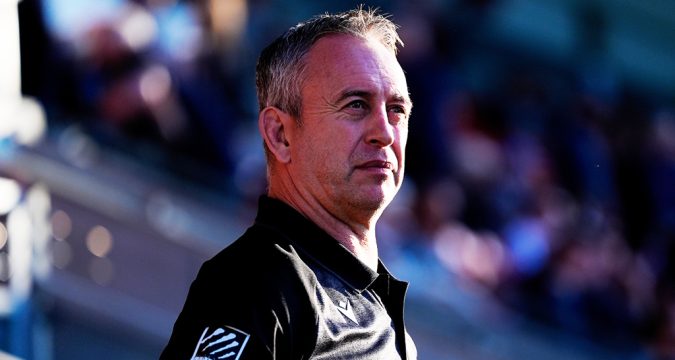 In his first major interview with the written press since his departure as the head coach of Catalans Dragons, STEVE McNAMARA has spoken with League Express correspondent STEVE BRADY about his time in Perpignan and where he goes from here.
SB: Hi Steve, how are you?
SM: “I’m good, I’m back in England and having a bit of a break, a rest, s
In his first major interview with the written press since his departure as the head coach of Catalans Dragons, STEVE McNAMARA has spoken with League Express correspondent STEVE BRADY about his time in Perpignan and where he goes from here.
SB: Hi Steve, how are you?
SM: “I’m good, I’m back in England and having a bit of a break, a rest, s Steve McNamara reveals all on his time at Catalans Dragons, his exit and what’s next
 In his first major interview with the written press since his departure as the head coach of Catalans Dragons, STEVE McNAMARA has spoken with League Express correspondent STEVE BRADY about his time in Perpignan and where he goes from here.
SB: Hi Steve, how are you?
SM: “I’m good, I’m back in England and having a bit of a break, a rest, s
In his first major interview with the written press since his departure as the head coach of Catalans Dragons, STEVE McNAMARA has spoken with League Express correspondent STEVE BRADY about his time in Perpignan and where he goes from here.
SB: Hi Steve, how are you?
SM: “I’m good, I’m back in England and having a bit of a break, a rest, s 